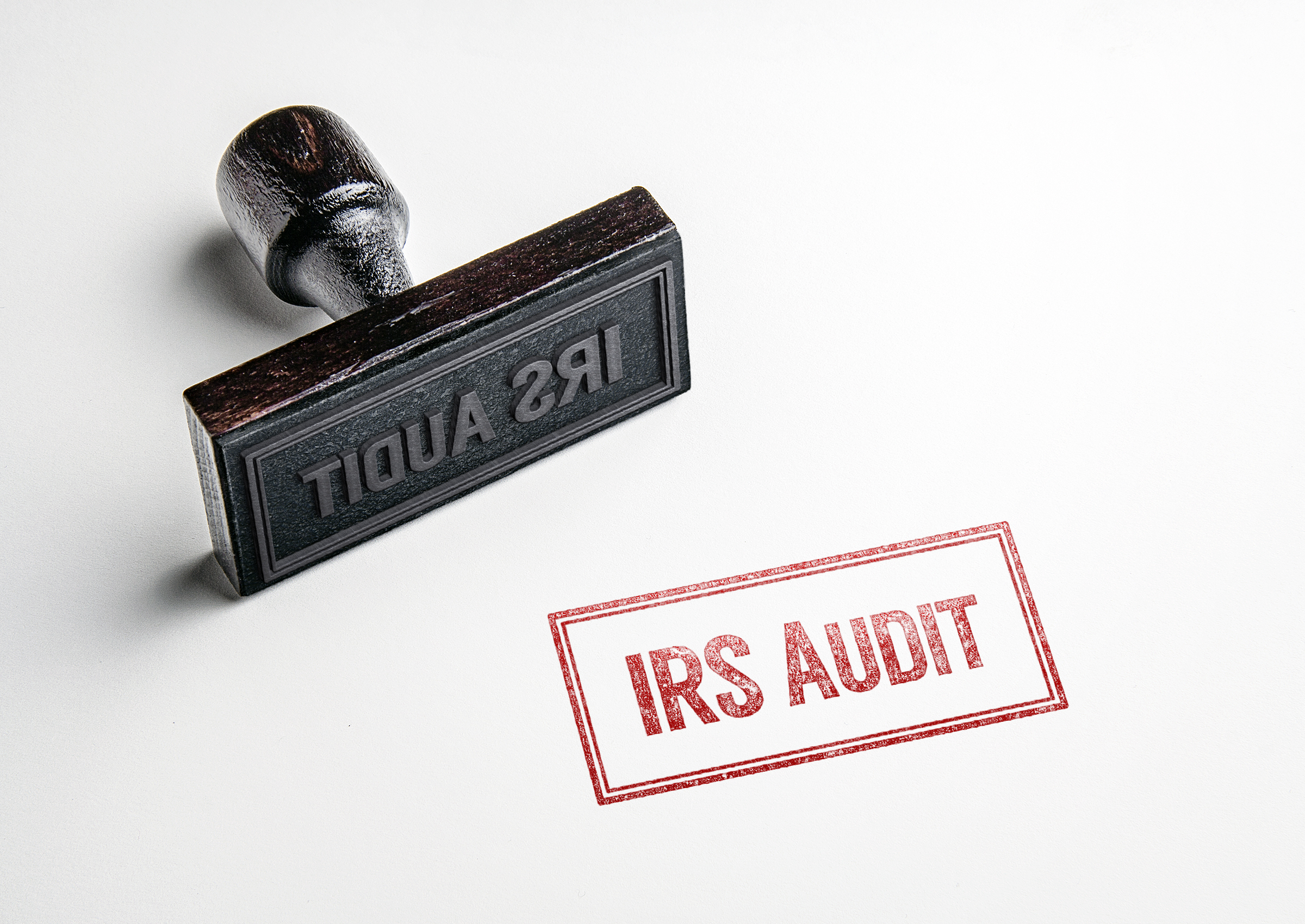What to Do If You Receive a Letter From the IRS
Okay, hands up if your heart skips a beat when you see a letter from the IRS in your mailbox. Yeah, us too. Deep breaths! Let’s unravel this together, step by step, and by the end of this post, I promise you’ll feel ready to open, decipher, and deal with whatever that letter says.
Unpacking the Letter
The suspense can be the worst part. So, don’t let that envelope sit on your kitchen counter any longer. Tear it open, and let’s see what we’re dealing with. Make sure the letter is really meant for you, as there can sometimes be mix-ups!
Make It Make Sense

Now, the IRS isn’t exactly known for being straightforward and easy to understand. It’s almost like they speak another language. But don’t sweat it, we’ve got you covered. Here’s a quick breakdown:
Balance Due Notices: This is basically the IRS’s polite way of saying, “You owe us money.”
Refund and Overpayment Notices: The best kind of notice. It’s the IRS’s way of admitting they owe you. Pop the confetti!
Audit Notices: Less scary than it sounds, I promise – just think of it as a thorough check up for your finances.
Identity Verification: This is just a routine process to make sure you are who you say you are.
How to Respond

If you have any questions, don’t hesitate to reach out to them! There’s no harm in seeking clarity. The letter will have information on how to go about getting in touch. But before you do, make sure you have everything you might need at your fingertips: your previous tax returns, any relevant documents, and probably a coffee in hand (for your own sanity). If things get complicated, don’t hesitate to pull in a pro. IRS Shield stands poised to help guide, represent, and defend.
The Fine Print
If an unexpected penalty does land on your doorstep, we understand it can feel like a punch in the gut. But more often than not, there are ways to address, reduce, or even eliminate them. Here’s what you should do:
Understand the Why: Before jumping to conclusions, get to the root of why the penalty was imposed. Was it a late filing, an overlooked amount, or something else? Knowing the reason can guide your next steps.
Seek Solutions: Penalties might sound rigid, but the IRS does provide avenues for abatement or reduction, especially if you have a reasonable cause or it’s your first-time facing such a penalty.
Act Immediately: This is of the utmost importance. Responding quickly can prevent additional penalties and interest from accruing and can show the IRS that you’re proactive about resolving the issue.
Know Your Rights as a Taxpayer

Yes, it’s a thing! You’re not just a name on a form; you’re a human with rights! You deserve to know what’s going on, to raise objections when things seem off, and to appeal if you feel the need. Stand tall – you’re not powerless in this dance. And if you start to feel like you’re tripping over your own feet, you can always turn to IRS Shield.
Why IRS Shield?
Because we’re not just about helping you understand tax jargon, we’re also prepared to stand as your advocate. Think of us as your personal tax guardian, ensuring you’re not just heard but understood. With a blend of expertise, dedication, and genuine care, IRS Shield makes sure your rights as a taxpayer are always front and center.
And with IRS Shield, you’ve got more than just rights – you’ve got resources. Stand tall, stand informed, and always know you’re shielded.
Looking Ahead
Here are just a few quick tips for handling any future interactions with the IRS:
1. Keep your records neat. They’re the breadcrumbs you’ll follow if you ever need to retrace your steps.
2. Embrace technology. Digital tax filing is a game-changer.
3. And always—ALWAYS—trust your gut when something feels off. The real IRS isn’t in the business of threats.
And… Exhale!

Look at you, making it to the end, ready to take on the world – or at least the IRS! Remember, every letter is just a conversation waiting to happen. With your newfound knowledge, some due diligence, and the trusty shield of, well, IRS Shield by your side, you’re not just prepared, you’re empowered.
So, as you go about, whether you’re facing the IRS or just the everyday challenges of life, take this confidence with you. Know that you’ve got the resources, the support, and the resilience to handle whatever comes your way. Stay awesome, and here’s to making sense of whatever the IRS throws at you!





